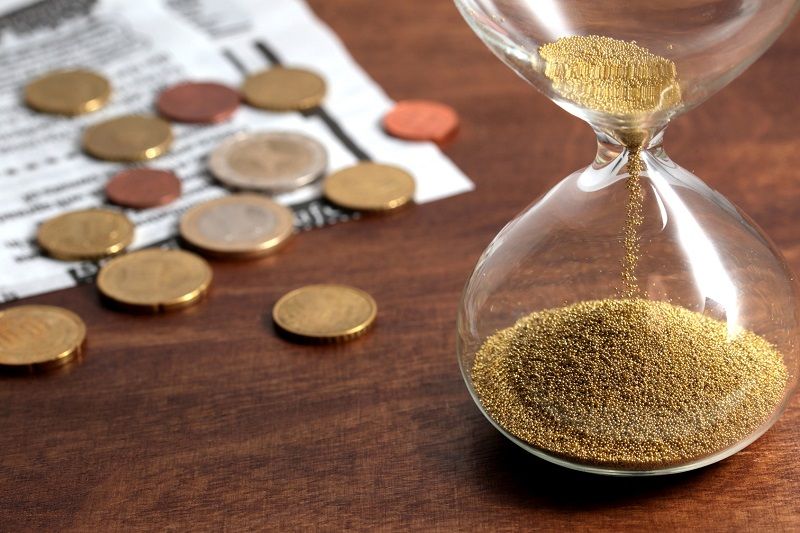The Growing Importance of Gold in the World Financial System
Posted on — 1 CommentSince ancient times, gold has been an important medium of exchange, store of value and wealth building asset. In today’s modern world, it is gaining even more importance.
Central banks around the globe continue to gobble up physical gold bullion for their vaults. Recently, the Dutch central bank publicly stated that they see gold as the key to rebuilding after a financial system collapse.
How much gold have central banks been buying? Though the end of October (the most recent data available), central banks purchased almost 562 tonnes of gold, which brings total reported global gold reserves at 34,500.8 tonnes. The current amount of physical gold holdings in central bank vaults around the globe is now only 10% off the all-time high at 38,491.2 tonnes, which was seen back in 1966.
Over 50 years later from the all-time high, central banks are refocusing on building gold reserves. In October, Russia and Turkey were the largest buyers of gold, with Serbia, Uzbekistan, United Arab Emirates and Mongolia also sizeable buyers.
Official published data shows the United States as the world’s largest gold holder in December with 8,133.5 tonnes of gold. Germany is in second place at 3,366.5 tonnes with the IMF, Italy, France and Russia rounding out the top six.
China is officially the world’s seventh largest gold owner with official reserves at 1,948.3 tonnes. However, there remains rampant speculation that China could own significantly more. It is commonly known among economists that even general economic data out of China is massaged by government officials and not always accurate.
How much gold should you own?
Dennis Gartman, former editor and publisher of the Gartman Letter, said in December he recommends investors hold 30% of their assets in gold over the next decade. He called the biggest threats ahead the rising levels of populism and trade protectionism and the rising possibilities of real war between the U.S. and China.
Diversification into tangible assets like physical gold is a proven and effective portfolio diversifier. Investing in gold is something tangible that you can hold and touch. It is also a private investment. Many trust attorneys and retirement planning professionals recommend bullion as an efficient and discreet method of transferring wealth to the next generation.
Wall Street firms are forecasting gains of a minimum 10% in 2020 in gold, with some even pointing higher. BofA Global Research recommends buying gold on dips. “In 2019 gold confirmed a six year base and start of a multi-year uptrend to a new all-time high. In 2020 we favor buying the dip for a rally to 1586, 1690 and 1750,” a December BofA Global Research report said.
As central banks increase their diversification to gold in preparation for what lies ahead, it is worth thinking about your assets. Do you own enough gold to rebuild after a financial collapse, like the Dutch central bank has discussed? Don’t delay. Prices are expected to climb even higher in 2020.









Before I invest, I also want to know how to bail out. If I wanted to sell bullion coins, how would I do that without any risk?